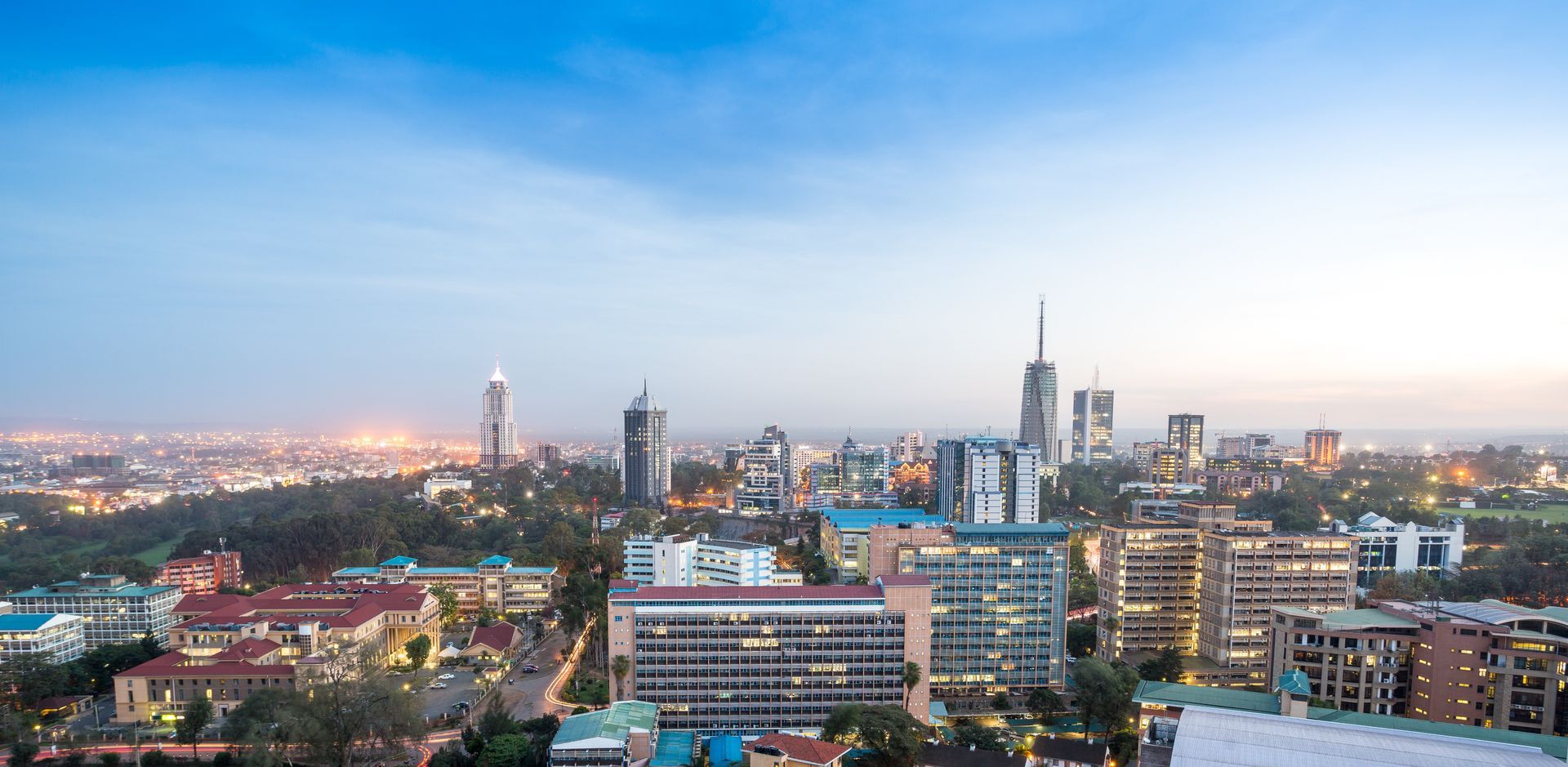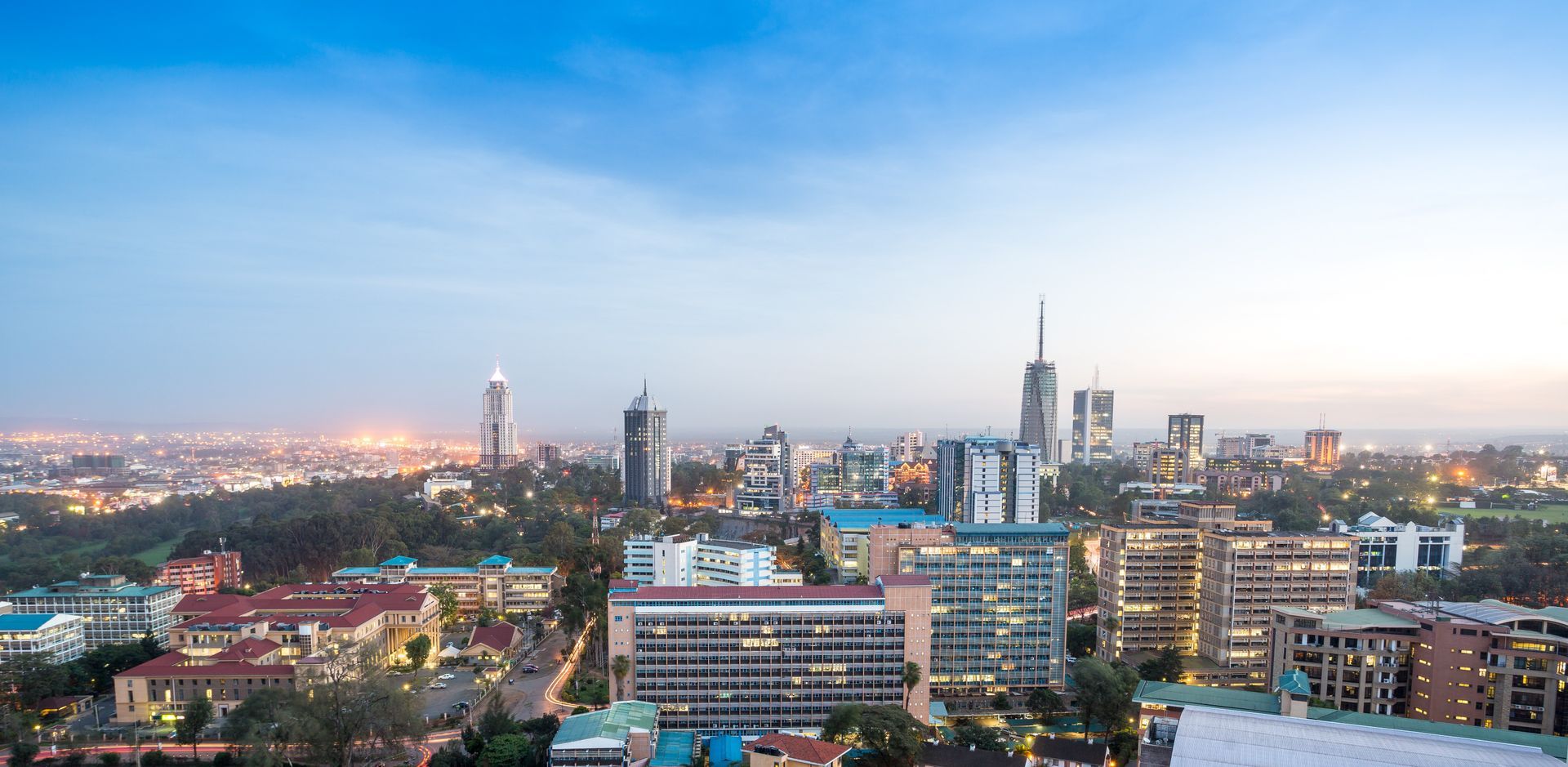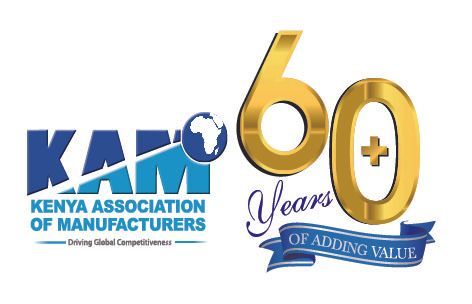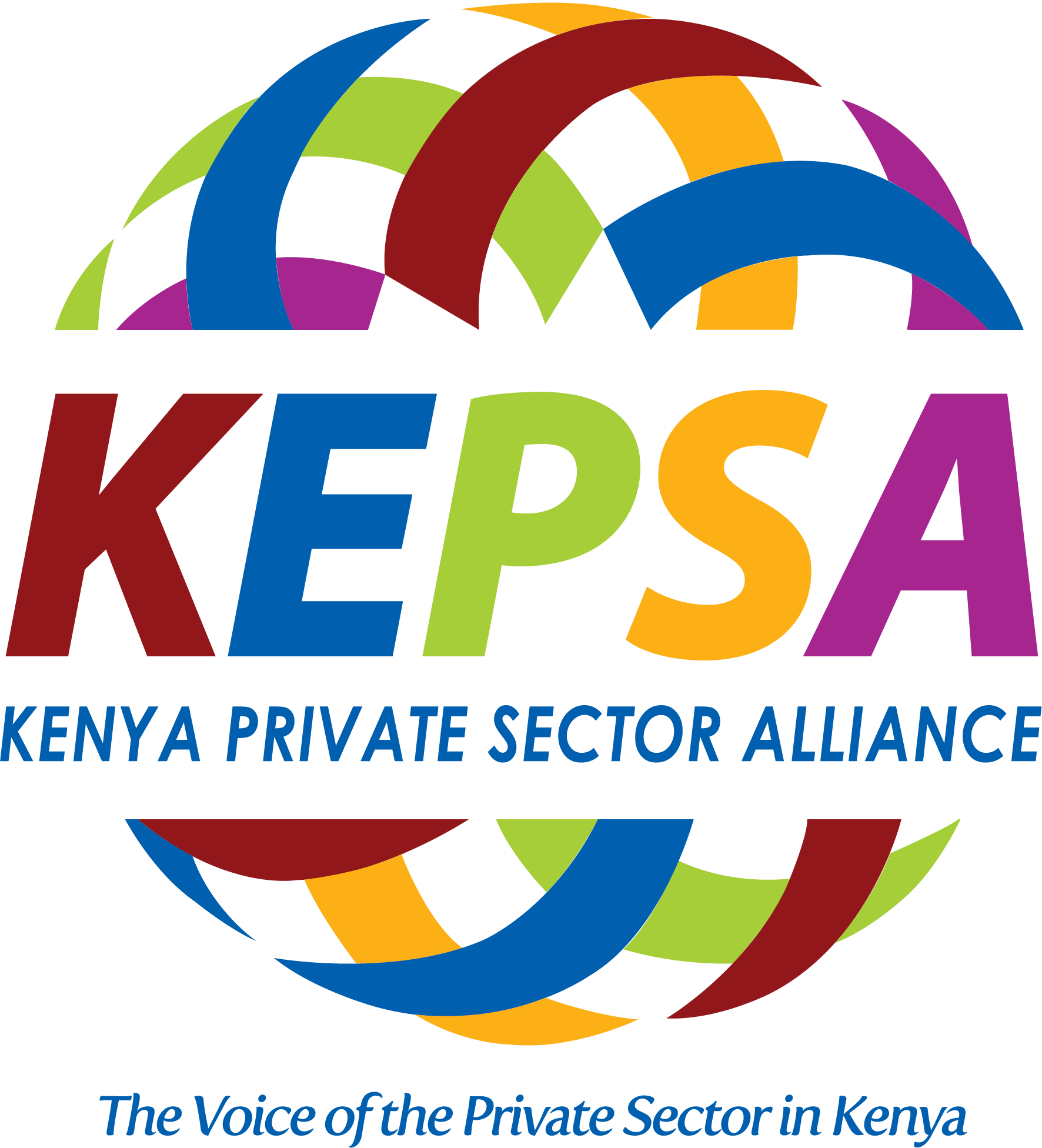Global Compact Network Kenya, KAM, and KEPSA relaunch the Code of Ethics for businesses - April 2024
Kenya
Video
The Golden Stretch Project, initiated by Global Compact Network Kenya in October 2021, aims to build upon and expand activities under the UN Global Compact project titled “Scaling Up Anti-Corruption Collective Action” within Global Compact Country Networks. The project focuses on advancing the adoption of the
Uniting Against Corruption: A Playbook on Anti-Corruption Collective Action as a global resource and enabling Global Compact Network Kenya to initiate and facilitate local and regional anti-corruption initiatives.
Mission
The project was designed to build upon the anti-corruption Collective Action initiative, the
Code of Ethics for Business in Kenya,
championed under the
Third Funding Round of the Siemens Integrity Initiative. The Code of Ethics for Businesses in Kenya is a principles-based initiative spearheaded by the private sector to promote and enhance the ethics and integrity of business conduct in Kenya in line with the Ten Principles of the UN Global Compact in the areas of Human Rights, Labour, Environment and Anti-corruption. It lays special emphasis on the need for Kenya’s private sector to play an active role in corruption prevention.
Collaborative efforts
Global Compact Network Kenya collaborates with the Kenya Association of Manufacturers and Kenya Private Sector Alliance to promote the Code and implement activities aimed at strengthening its uptake. The Network also partners with the Ethics and Anti-corruption Commission and Department of Justice to engage in high-level dialogues with business leaders and policymakers to sustain commitment and obtain goodwill to upholding ethical practices, which includes recognition of the Code as a complementary tool to the existing policy frameworks. These partnerships have elevated the role of the private sector as an important actor in building an ethical and transparent society alongside the Government.
Looking ahead
With the project set to come to an end in June 2025, the Network and its partners are keen to enlist more companies as signatories to the Code as well as implement regional capacity building and peer learning workshops for the signatories to fully adhere to the requirements and commitments made under the Code. On the policy front, the Network is determined to get the Government’s approval to
include the Code as a mandatory prerequisite for public and private procurement
prequalification for companies.
Main accomplishments
- Trained more than 300 companies on the concepts and pillars of corporate governance and strategic leadership, aligned with the principles of corporate citizenship and social accountability.
- Participated in the Private Sector Forum on the margins of the 10th session of the Conference of the States Parties (CoSP10) to the United Nations Convention against Corruption (UNCAC) in Atlanta, mobilizing more than 15 Kenyan companies to sign the Call-to-Action to Governments to intensify efforts to tackle corruption effectively.
- Developed an online platform to support the signing and reporting under the Code, allowing signatories to publicly upload their annual anti-corruption reports starting in 2024, promoting transparency and accountability.
- Equipped the
online platform with various anti-corruption tools and resources, including model policies and a self-assessment toolkit, to help businesses, especially SMEs, institute anti-corruption programs, track progress and measure impact.
- Equipped the online platform with various anti-corruption tools and resources, including model policies and a self-assessment toolkit, to help businesses, especially SMEs, institute anti-corruption programs, track progress and measure impact.
- Raised awareness of the Bribery Act and the importance of anti-corruption Collective Action to drive long-term change among 150 representatives of large companies, SMEs, Government and civil society.







